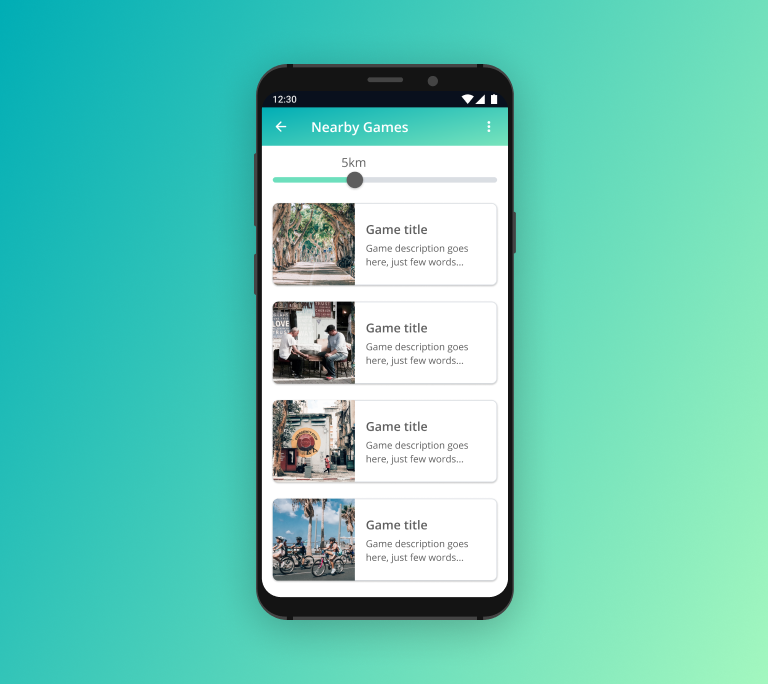Treasure hit
create and play online “treasure hunt” like games
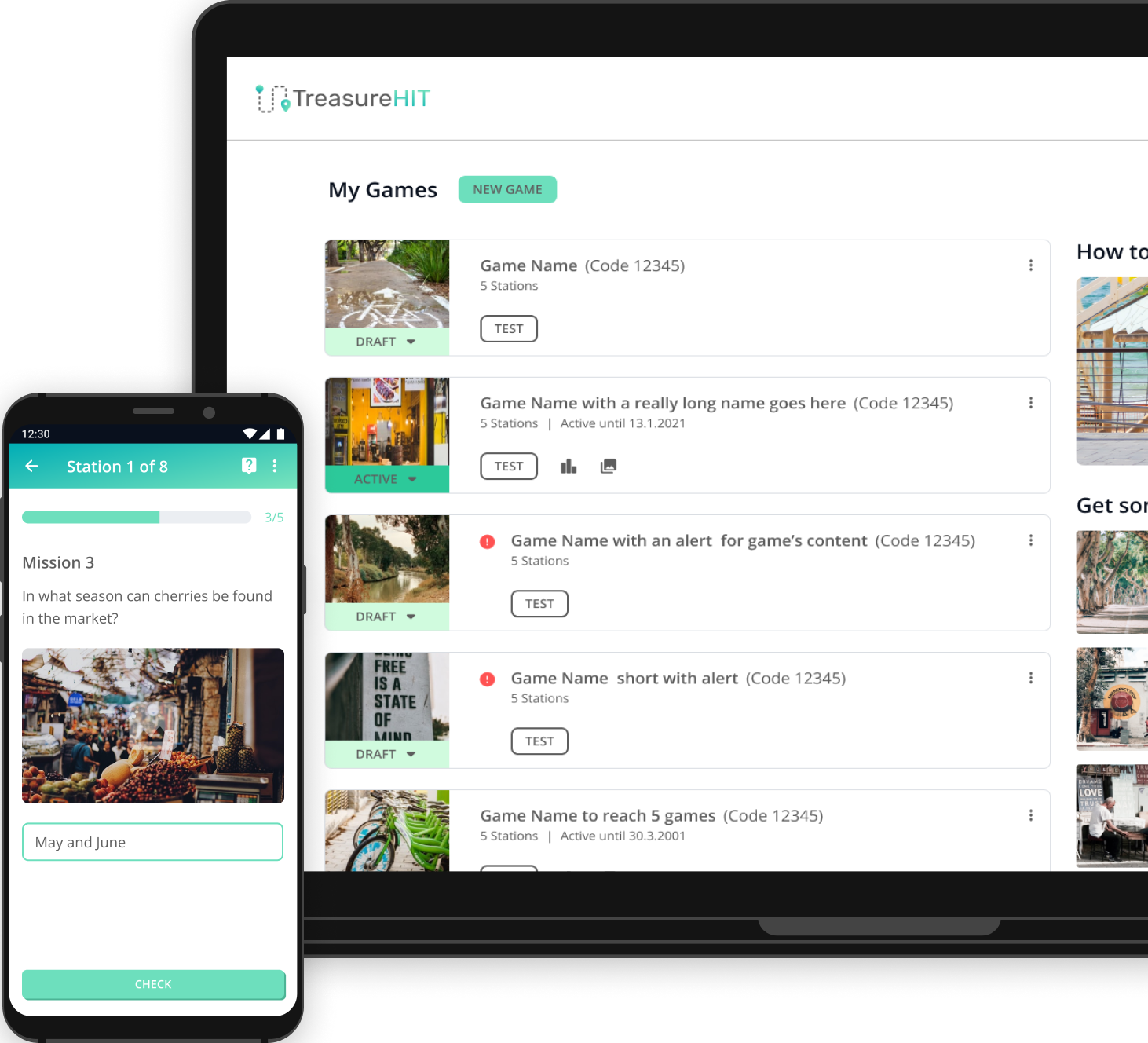
OVERVIEW
Treasure HIT is an online platform that allows the users to create and conduct “treasure hunt” like games on mobile devices (iOS & Android). Throughout the game, players enjoy a fun experience that boosts a location-based learning.
The application was initially developed by the Department of Instructional Technologies of the Holon Institute of Technology, Israel, in 2013, was downloaded more than 100k times and is being used by many organizations in Israel for educational activities.
I was asked to redesign this platform to improve its usability and adapt it to the target market.
MY ROLE
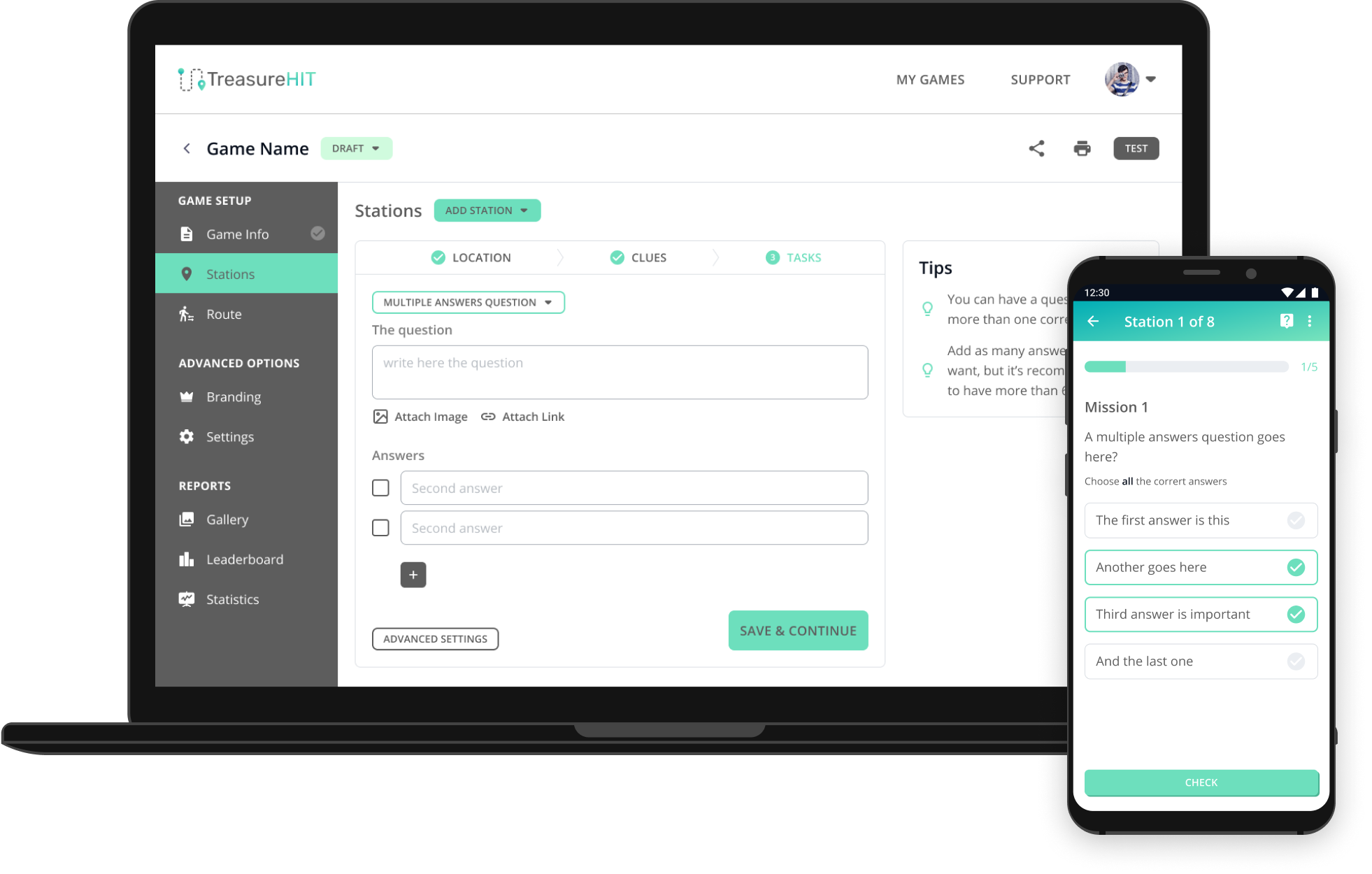
THE PROBLEM
The current application has received negative reviews. Users felt that the interface was outdated and that it was hard to understand and find some of the platform’s features. Based on the content of the reviews, it was clear that it is important to reevaluate the usability of the “game creator” section, improve the players’ experience in the mobile app while playing, and that the entire user interface in both ends needs an update to be more appealing for the users.
IN A GLIMPSE - THE STARTING POINT
The app was first released in 2013 and since then was updated mainly to improve its functionality. Both the users experience and the interface are outdated and do not fit current needs and expectations.
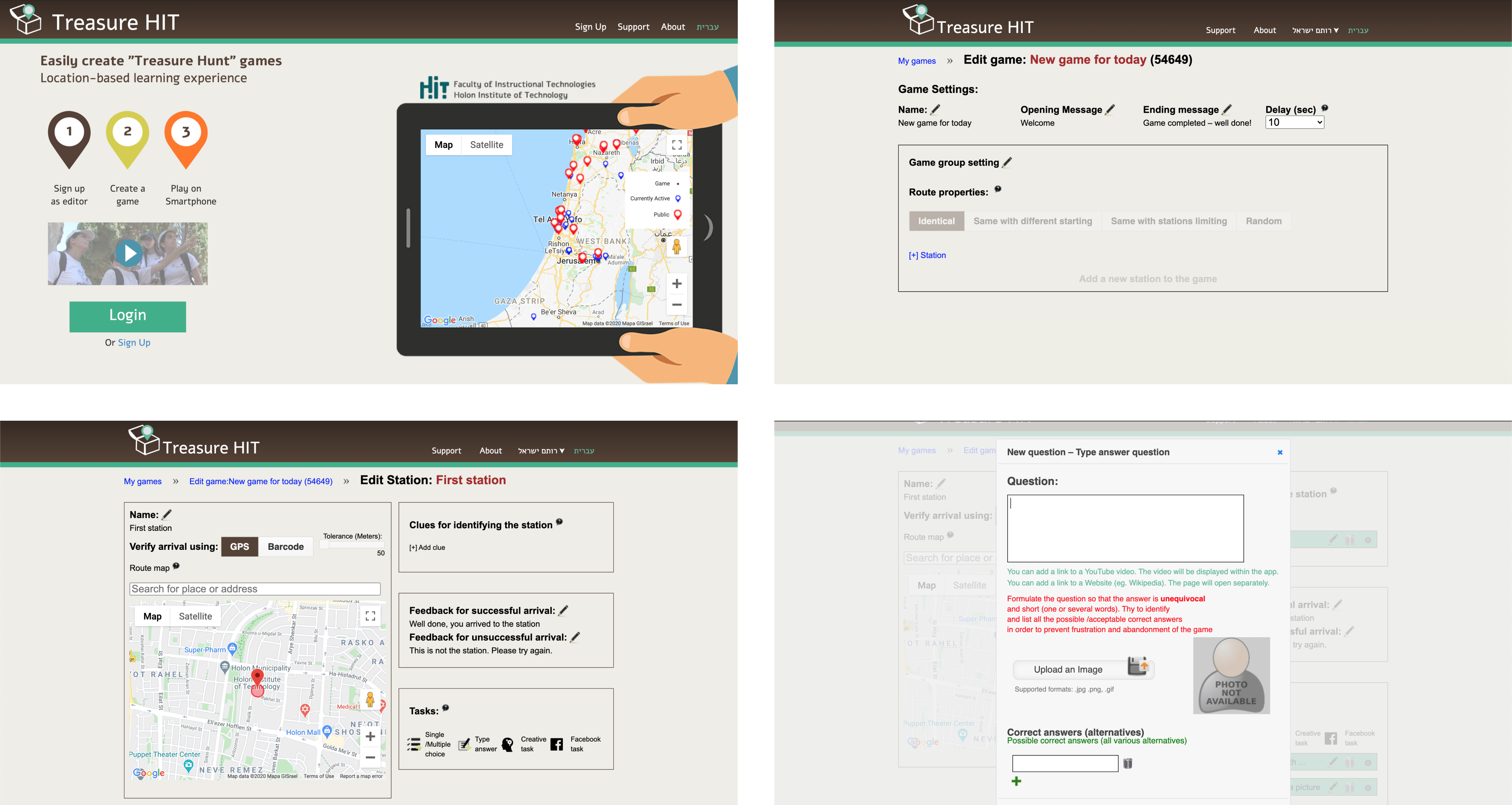
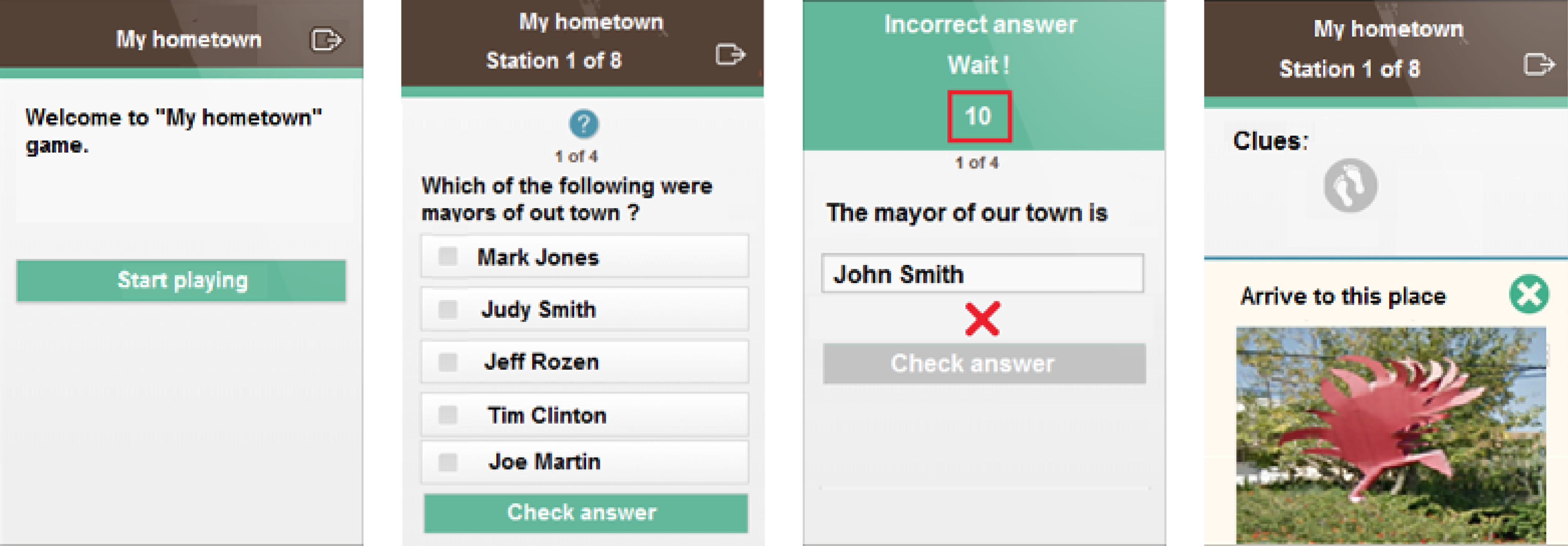
RESEARCH
CURRENT APP ANALYSIS
As I was not familiar with the app before, and to better understand it, I started with putting myself in the user’s shoes; Starting from the creator side I built a game, and later, from the player side I gathered a group of four middle school students and followed them while they were playing. Throughout the process I captured notes to discuss later with the app team. I divided my insights into three main categories: User’s goals, User’s pain points and opportunities.
COMPETITIVE RESEARCH
I wanted to study the current market and related products. I researched similar existing platforms, and found that in most of them, the creation of a game for a new user is a complicated and long process that may deter these users from using those products. Additionally, most of the competitors are focused mainly on the creation of online “scavenger hunt” games, based on tasks that include capturing specific objects or arriving to a specific location to complete the game.
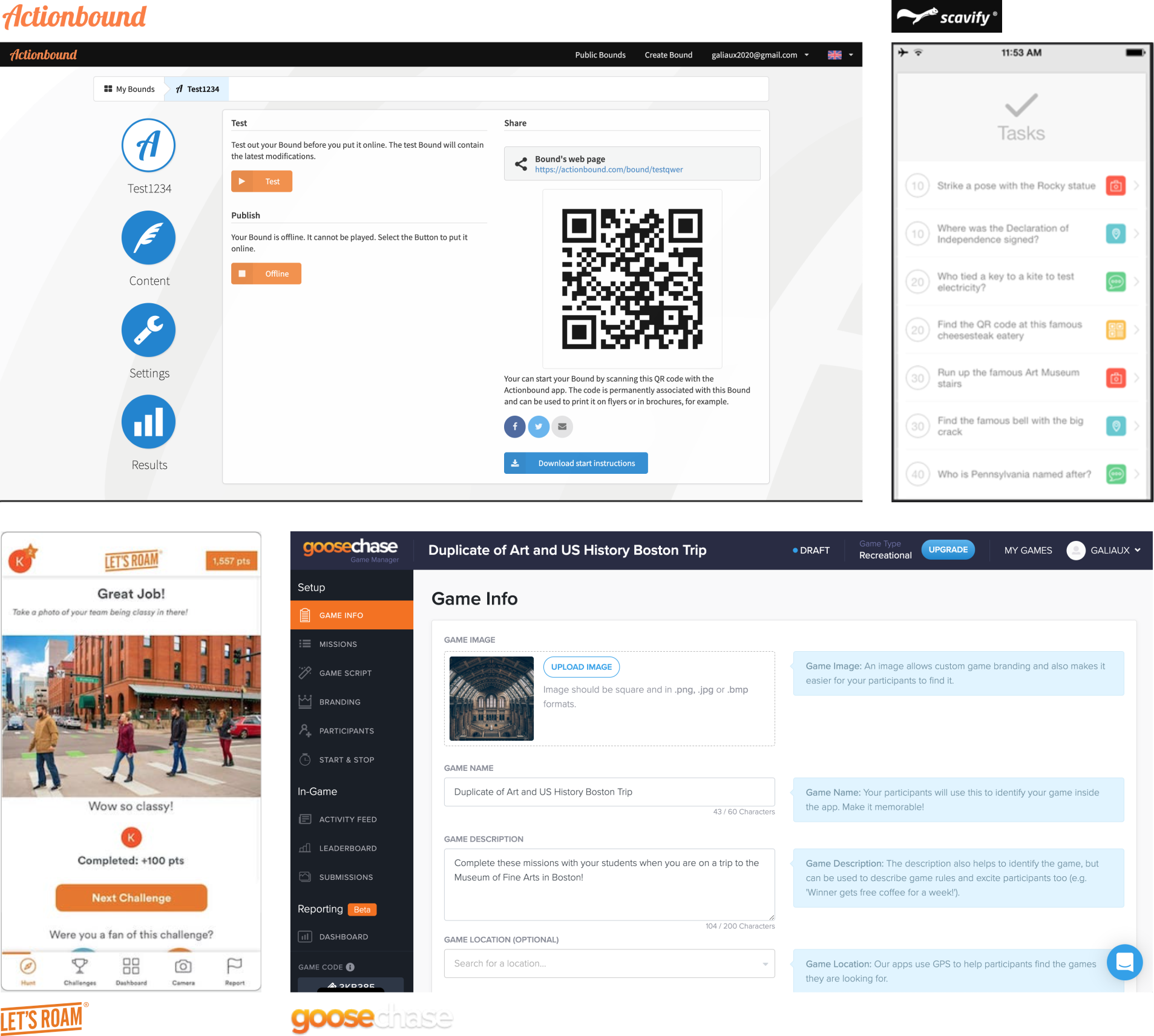
conclusions
- The uniqueness of our platform is its structure that supports a location-based learning, rather than only another “scavenger hunt” game.
- Greater attention needs to be given to the game creation side, especially for new users who do not know the platform yet.
- The principal users are Hebrew speakers and none of the other alternatives support Hebrew as a game language.
user research
The platform has two different types of users: the “creators” and the “players”. I wanted to understand from the users themselves what are their expectations and requirements from the platform. I targeted people who have already used the platform as well as potential future users from each type.
I conducted interviews and field visits to gather better understanding of the context of use. Based on them I created two main personas which I referred to throughout the entire design process.
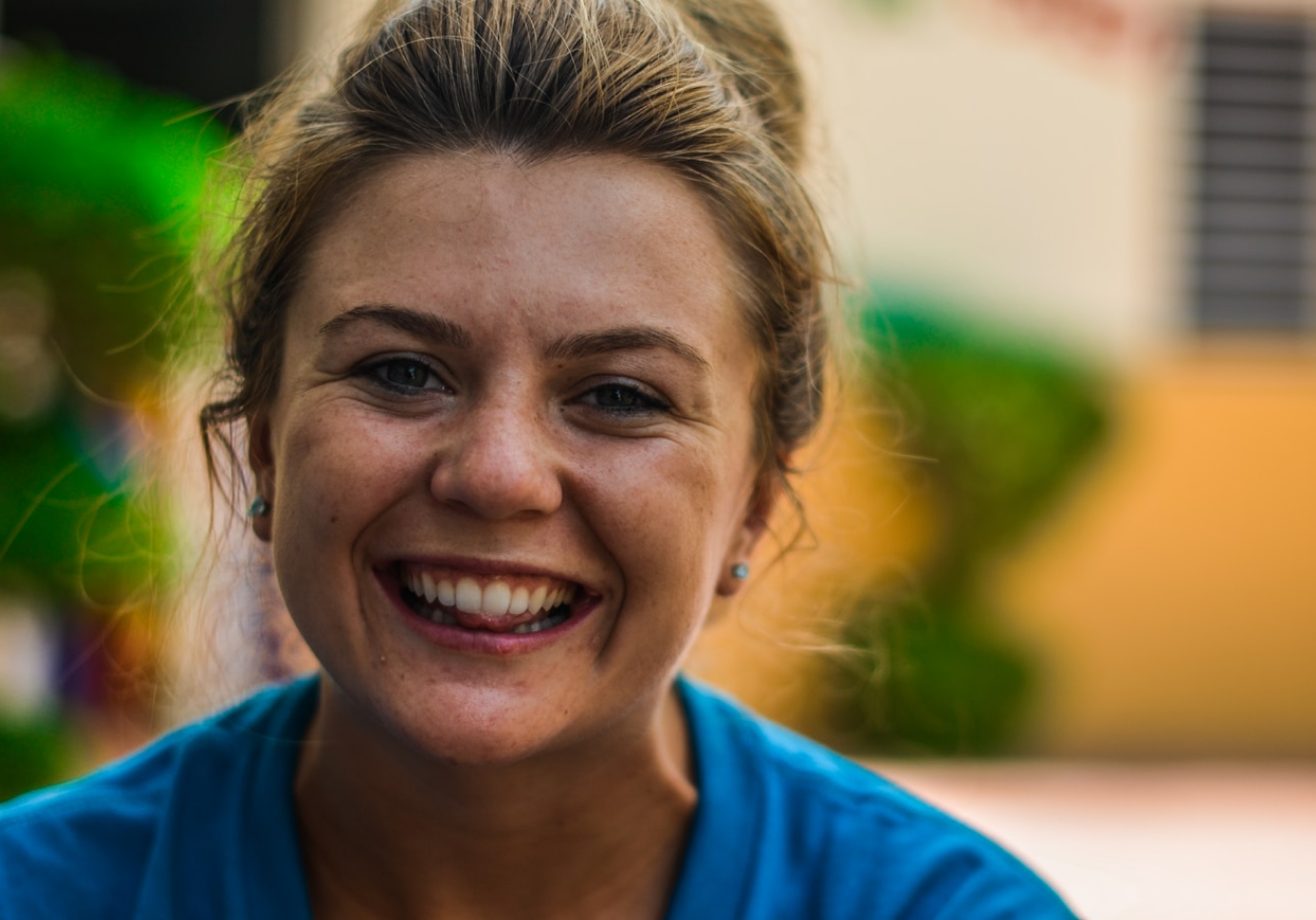
Tal | 35 | Middle school teacher
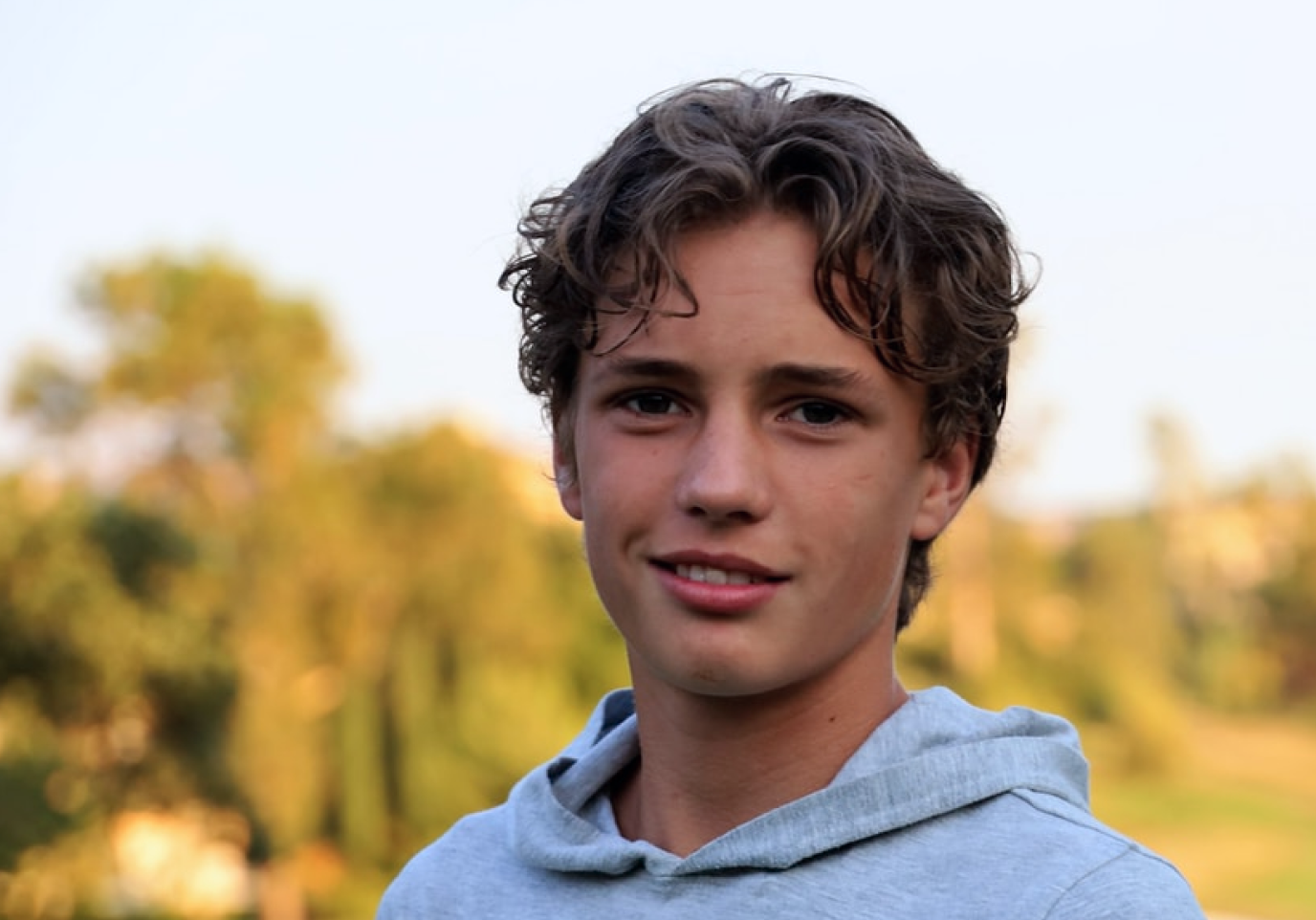
Ron | 14 | 8th grade student

Tal | 35 | Middle school teacher
“I’m happy to go outside with my friends so we could play togather and not just sit all day long in the boring classroom”
Ron | 14 | 8th grade student

top findings
the users
– The primary users of the platform are used to daily technological activities.
– The “creators” age group is 24-45 years, but the “players” ages may vary.
– The users want to feel in control, in both sides of the platform.
– Fun experience is a main need for both “creators” and “players”.
pain points
Creators
– It is not clear how the end product (the game) will look and run.
– The process of game creation is not clear when starting.
– There is no option for monitoring the game while it is running.
– General feeling of “lack of control” while using the platform.
– There is no support for the players during a game.
Players
– The game does not look and feel as a fun activity.
– There is no support for the players during a game.
– There is no connection between teams playing together in a game.
Key insights
Control – Create predictable behaviors.
The “Fun Effect” – Help the “creators” to create a fun game for the “players”, and the “players” to enjoy during the game.
Combined value – Combine the options technology offers with outdoor physical activities.
Case studies
After completing the preliminary research, I redesigned the three different parts of the platform: the Game Creator, the Mobile App and the General Site.
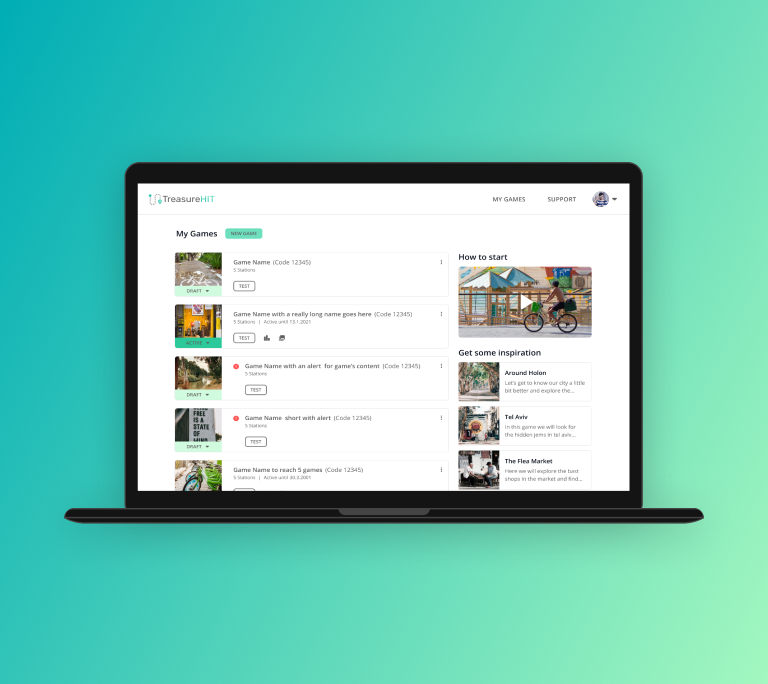
Game creator (desktop)
Desktop section of the platform where the games are built and stored for editing, testing and sharing.
